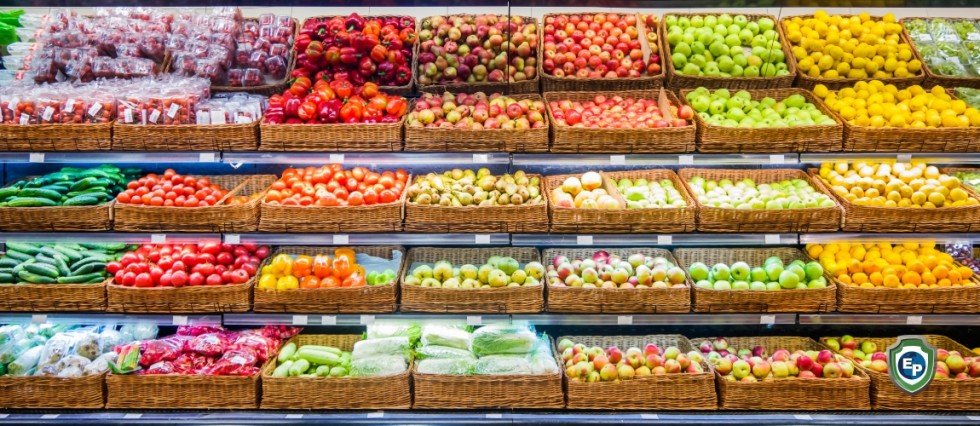Global Food Price Fears as Ukraine Farmers Are Forced to Reduce Crop Planting
Farmers in Ukraine are being forced to lessen crop planting as a result of the Russia-Ukraine conflict, raising concerns about global food prices. Come check out our blog to learn more.

The whole world has been holding its breath since the beginning of the second quarter of the year, as the repercussions of the conflict in Ukraine are being felt. Prices are rising all over the world, and international organizations are issuing warnings.
The Roots of a Possible Global Food Crisis
According to The Guardian, planting, harvesting, and exporting have all been hampered by a lack of fertilizer, low or no fuel supplies for tractors, port closures, and military activity. Because of the war, a large portion of the world's wheat, corn, and barley production is being halted in Russia and Ukraine, and an even larger portion of fertilizer no longer leaves Russia or Belarus. As a result, food and fertilizer prices are skyrocketing around the world. Wheat prices have risen by 21% since the invasion of Ukraine, barley prices by 33%, and some fertilizer prices by 40%.
Because cultivable land has shrunk significantly, Ukrainian farmers may be unable to meet the critical sowing and harvesting seasons. Furthermore, due to high energy prices, European fertilizer factories are drastically reducing production. Farmers from Brazil to Texas are reducing fertilizer consumption, threatening the volume of the next harvest. In addition, the main Ukrainian ports of Mariupol and Donetsk, which allow cereals to be transported to Europe, are blocked.

Consequences Already Perceptible in Europe
Globally, the situation is just as worrying. In mid-March, the UN warned that the impact of war on the global food market threatened an additional 7.6 to 13.1 million people with undernourishment. WFP spending has already increased by $71 million per month, reducing daily rations by 3.8 million people.
In France, sunflower oil has become extremely scarce. There are shortages in most supermarkets, and it is being sold at significantly higher prices than usual. Many food manufacturers have changed their recipes, and some restaurants have had to completely revise their menus by discontinuing serving French fries and other foods that require a large amount of frying oil.
If the conflict continues, the second half of 2022 could be disastrous for the global economy. This is an opportunity to think about ways to significantly limit the consequences of this war.
Work with Export Portal
At Export Portal, we understand how difficult penetrating new markets can be. That’s why we have collaborated with different experts to keep you informed and updated. Check out our site today and learn more about how we can help you expand your business.


















Comments 0